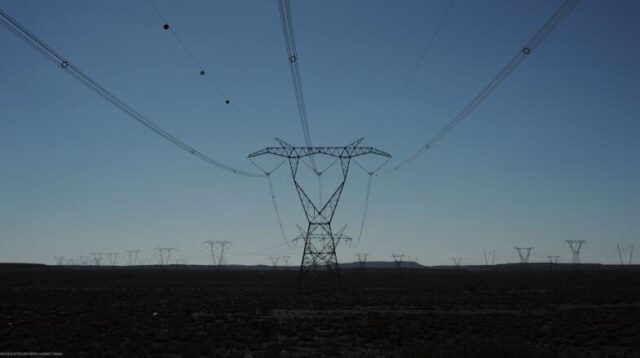The widespread impact of load shedding, particularly on economic growth and jobs, looks to have surpassed that of the Covid-19 pandemic.
THE WIDESPREAD impact of load shedding, particularly on economic growth and jobs, looks to have surpassed that of the Covid-19 pandemic.
This was indicated by economists, stakeholders in service delivery, the agricultural sector and the business sector following mounting calls for a national state of disaster to be declared to effectively combat the blackouts.
The severity of load shedding has been a hot topic since the last quarter of 2022, with debilitating impacts on a number of sectors of society – health, business and agriculture being some of the most severely affected.
In his closing remarks at the ANC NEC lekgotla in Esselen Park, Ekurhuleni, on Monday, President Cyril Ramaphosa said: “Work is already under way within government to establish whether the legal requirements for the declaration of a national state of disaster are met and what specific actions we would be empowered to undertake to urgently resolve.”
PwC senior economist Christie Viljoen said: “South Africa’s real GDP contracted by 6.3% in 2020 due to the Covid-19 pandemic and associated lockdowns. In turn, PwC estimates that load-shedding cost the country 2.9 percentage points of potential real GDP growth in 2021 and a further 5.0 percentage points of potential growth in 2022.
“The cumulative 7.9 percentage points of lost real GDP growth during 2021/22 outweighs the direct negative economic impact of Covid-19 in 2020.”
On Monday, PwC South Africa, in its first South Africa Economic Outlook report for 2023, showed that load shedding remained the biggest challenge to growing the economy.
A number of businesses have had to close or suffer major setbacks as a result of the unending blackouts with no relief from the government, whereas during the pandemic businesses received short-term financial assistance from government in the form of the Temporary Financial Relief Scheme for destroyed, affected or looted workplaces; Small Business Debt Relief Finance Scheme; Spaza Support Scheme; Agricultural Disaster Support Fund; and others.
Jacques Moolman, president of the Cape Chamber of Commerce, said: “By now we know the cost of each successive load shedding stage is about R500 million, according to figures released by the Western Cape provincial government. There are also the broader impacts, such as damage to business confidence, to our credit rating, our currency, the stock exchange – it is hard to quantify the full extent of the damage.”
Dr Jo Barnes, emeritus senior lecturer in the Department of Global Health at Stellenbosch University, added that power failures and a disease pandemic occurring simultaneously was a “perfect storm”.
“Both of these disasters have many aspects that point to previous governmental neglect and lack of proper and timely management of state resources. The first order of business should be to urgently address these failures to prevent a further slide into disintegration,” Barnes said.
Efficient Group chief economist Dawie Roodt said that a national state of disaster should be declared to address this challenge but it needed to be sector specific to the electricity sector and must include putting Eskom in business rescue.
Roodt said more economic modelling needed to be done on the matter but blackouts were almost certainly worse than Covid-19 – especially its impact on the economy and confidence in the country, which at all levels was at a record low.








